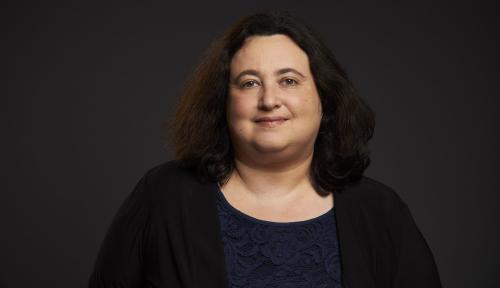How should companies prepare for the new Europe-wide regulation?

For MiFID II the final countdown is on, as the EU looks to unleash its far-reaching regulation at the start of next year. The key MiFID II issue for IROs is: are you prepared? If not, the impetus is to get ready, says Patrick Hughes, director at Nasdaq Corporate Solutions in London. ‘Things will be changing and January 3 is not very far away,’ he says.
Hughes observes that from an IR perspective there is a range of knowledge on the issue, with some IROs showing an in-depth understanding of the regulation and its potential impacts, and others remaining completely in the dark.
He notes that MiFID II will create a division between companies of different sizes. ‘It will likely impact IR teams in different ways: for mega-caps, decreasing research coverage from the sell side is not going to be an issue; the larger names will always be followed,’ he explains. ‘For these companies an increase in the quality of coverage will be viewed as a potential benefit.
‘But smaller companies may struggle to get sufficient sell-side coverage in a post-MiFID II world. Some of these companies are already challenged today to attract sufficient coverage and this may be exacerbated in the future.’
This issue of unbundling research, with the sell side not being able to roll research into commissions and the buy side having to make explicit payments for research, is a big point of debate. ‘Our view is that introducing competition into the sell side is likely to mean asset managers will be more selective about which research they choose to buy,’ says Hughes.
The potential squeeze on research payments was highlighted this week by the announcement from US buy-side giant Vanguard that it expects to only pay $5 million a year for research under MiFID II, given its extensive internal research capabilities, and that most of Vanguard’s funds are passive. One commentator had estimated Vanguard’s research costs could be as much as $100 million.
‘We believe a potential contraction of the sell side will likely put pressure on IR teams to be more efficient, contemplate new technologies and take greater control of communicating their company’s equity story,’ says Hughes.
MiFID II will also reach far beyond the EU, because today’s markets and institutions operate across borders. This raises an important question: how will global buy-side firms deal with it? Are they going to implement it just for their European operations, or globally? Many firms have indicated the latter approach to create a uniform way of doing things and follow the perceived best practice globally.
MiFID II follows alongside the trend of rising passive investing, which has grown more popular in recent years, as passive products command low fees and naturally require less research support. ‘There are several things IROs can do about that, beginning with: how do you engage with passive shareholders?’ says Hughes. ‘More and more companies are engaging with passive investors from a corporate governance standpoint. We are recommending they do that in the future.’
This content was produced by Nasdaq Corporate Solutions and first appeared on Nasdaq's website.










